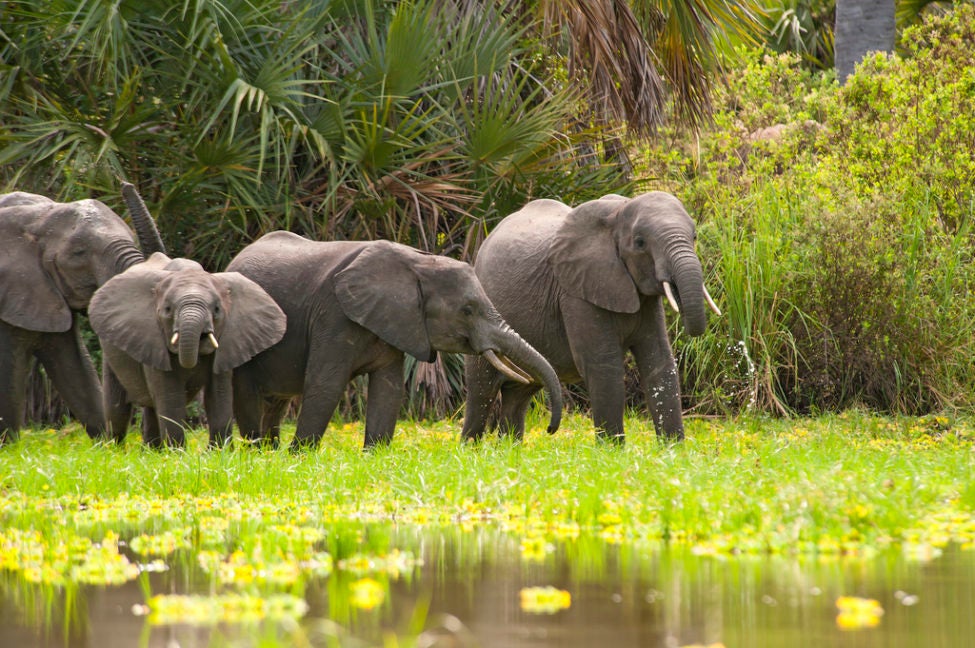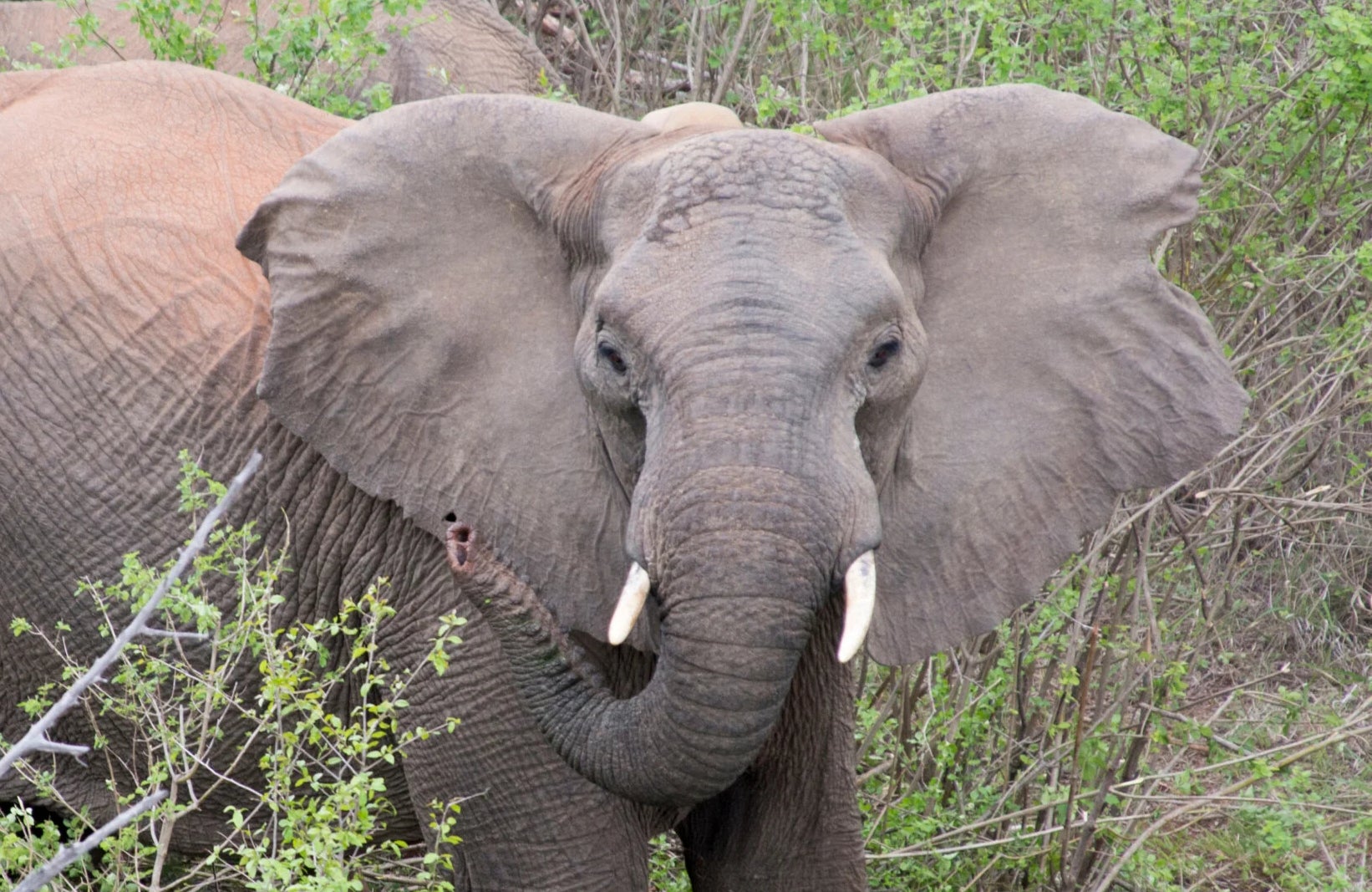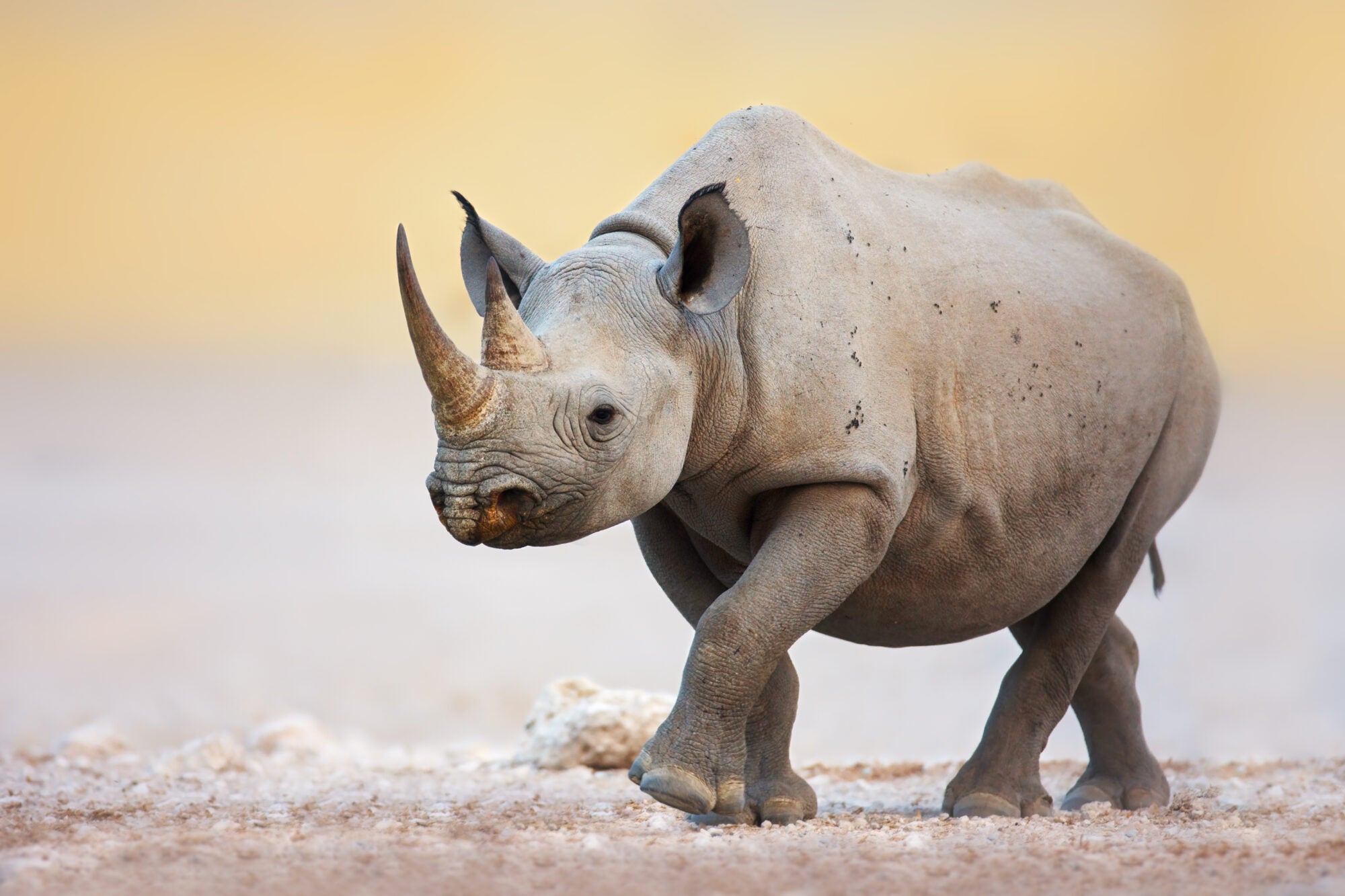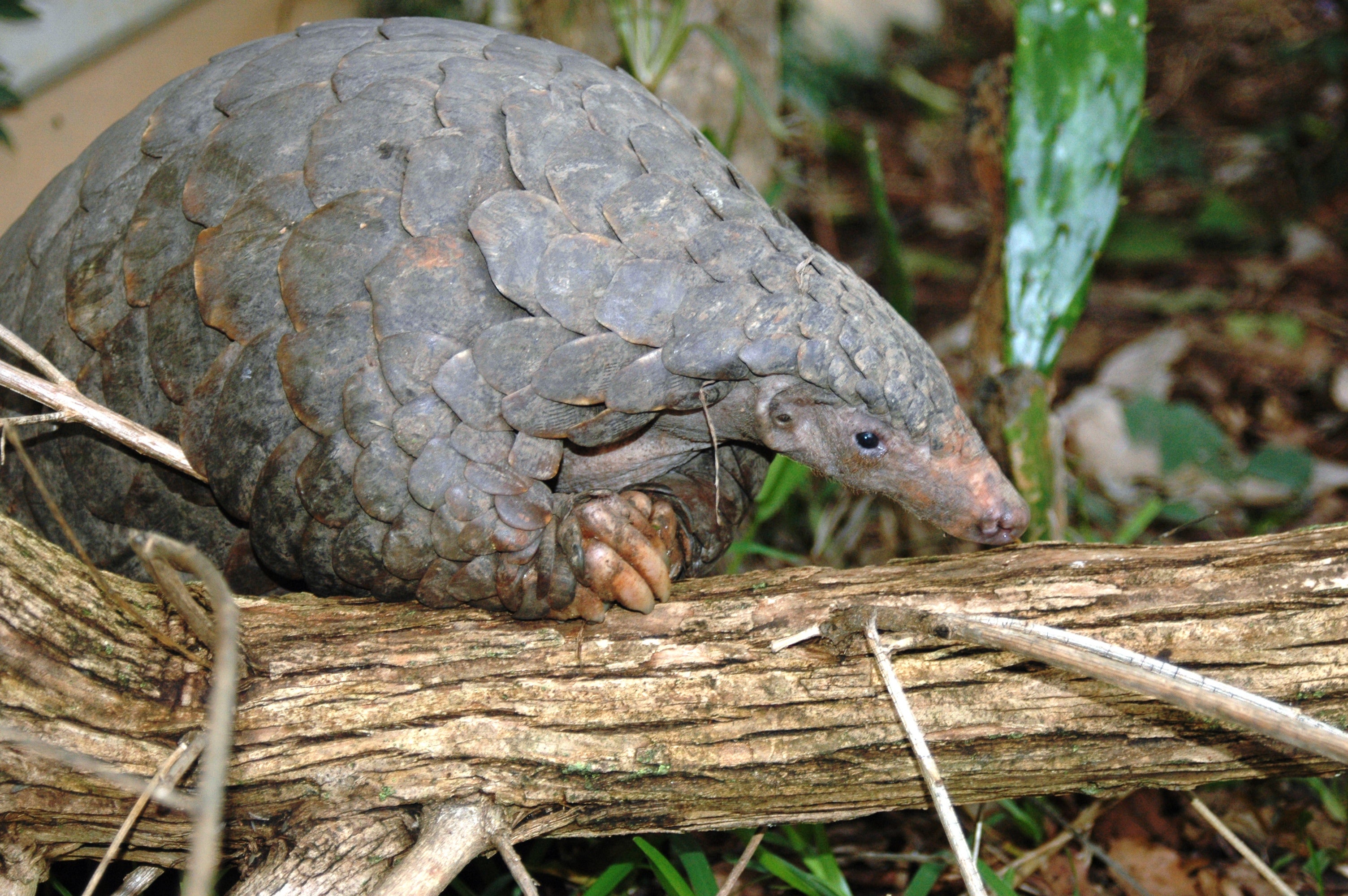
MONTREAL—Seventeen renowned Canadian artists and scientists have signed an open letter calling on the Canadian government to take urgent action to prohibit elephant ivory trade. In the past century, the African elephant population, which is currently listed as critically endangered/endangered by the International Union for the Conservation of Nature, has declined by 96%, with leading scientists warning the population could be lost altogether within the next few decades in the absence of global intervention to disincentivize poachers.
On July 23, 2021, The Canadian government launched a public consultation to hear feedback on proposed measures to restrict or end elephant ivory trade.
Robert Bateman, renowned Canadian artist and conservationist, stated: “The survival of African elephants hinges on the actions of the global community, and progressive nations like Canada have a responsibility to act accordingly. I am joining countless Canadians in calling on the Canadian government to act now and ban elephant ivory trade. I commend the government for launching a public consultation and encourage all concerned Canadians to take this critically important opportunity to speak up.”
Michael Bernard, deputy director of Humane Society International/Canada, stated: “Canada is at a crossroads and the actions we take now to protect African elephants will be remembered for generations to come. In keeping with its commitments to preserve global biodiversity and end human-induced extinctions, the Canadian government has launched a crucial public consultation. We urge all Canadians to participate and make clear that only a robust national ban on elephant ivory trade can truly help us end the senseless killing of African elephants.”
Tessa Vanderkop, vice president of Elephanatics, stated: “Tens of thousands of African elephants are killed every year to fill the global demand for elephant ivory. The world community is taking action, and more than 620,000 people have signed a petition calling on the Canadian government to ban elephant ivory trade as a matter of urgency. We encourage all Canadians to take part in the consultation and make their voices heard for African elephants.”
The full list of notable Canadians who have signed onto the open letter urging the government to take action and ban elephant ivory trade includes: Bif Naked, musician; Bryan Adams, O.C., musician; Cristina Mittermeier, photographer, biologist; Edward Burtynsky, photographer; Georges Laraque, commentator, former athlete; Dr. Harvey Locke, conservationist; Jennifer Baichwal, filmmaker; Professor John Bemrose, Victoria College, University of Toronto; Dr. John England, O.C., F.R.S.C., professor emeritus, earth and atmospheric sciences; Dr. Martin Sharpe – earth scientist; Nicholas de Pencier, filmmaker; Paul Nicklen, photojournalist, marine biologist; Dr. Peter Abrams, F.R.S.C., professor emeritus, ecology & evolutionary biology; Robert Bateman, C.M., O.B.C., artist; Shelton Dupreez, filmmaker; Tzeporah Berman, environmental activist; and William Shatner, O.C., actor.
More information regarding the consultation and how to participate can be found here.
Quick Facts:
- Studies indicate between 25,000 and 50,000 African elephants have been poached annually in recent decades, and even the lowest estimate exceeds the elephant birth rate, thereby posing a direct threat to these populations.
- In March of 2021, the International Union for Conservation of Nature updated the IUCN Red List of Threatened Species and declared the African forest elephant to be Critically Endangered and the African savanna elephant to be Endangered.
- In 2016, delegates to the 17th meeting of the Conference of the Parties to the Convention on International Trade in Endangered Species of Wild Fauna and Flora (CITES)agreed in a resolution recommending that, “all Parties and non-Parties in whose jurisdiction there is a legal domestic market for ivory that is contributing to poaching or illegal trade, take all necessary legislative, regulatory and enforcement measures to close their domestic markets for commercial trade in raw and worked ivory as a matter of urgency.” Repeated government seizures of elephant ivory in Canada are irrefutable evidence of illegal ivory trade in this nation and likely represent a fraction of existing illegal trade.
- The African Elephant Coalition, comprised of 32 African nations (including 29 elephant range states) states, “any supply of ivory, including that within otherwise legal domestic markets, inherently increases the risk to elephant populations and local communities, due to the opportunity it creates for the laundering of illegal ivory under the guise of legality.”
- Canada’s top trading partners, including the United States, China and the United Kingdom have closed their elephant ivory markets in response to declining elephant populations.
- In addition to elephant ivory trade, Canada allows the import of elephant tusks and parts from trophy hunts. Approximately 300 African elephant tusks—representing 150 elephants—were legally imported into Canada from 2010-2018.
- 94% of Canadians support an elephant ivory trade ban (Insights West, 2020) and a public petition calling for a Canadian ban on elephant ivory trade has amassed over 600,000 signatures.
ENDS
Media Contact: Michael Bernard: 613-371-5170; mbernard@hsi.org.





